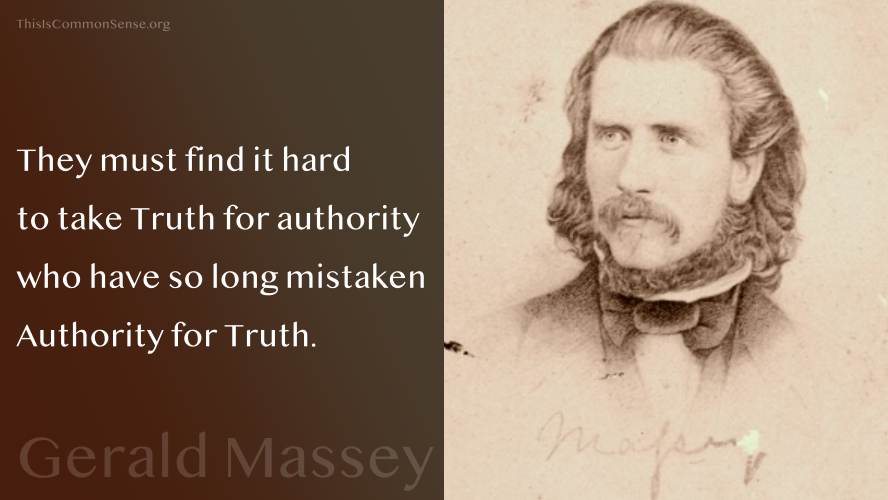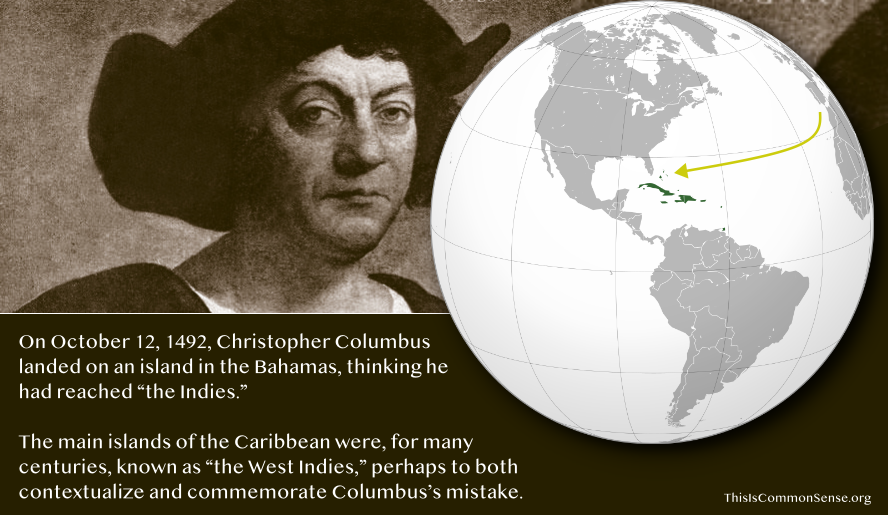In “Trump Vows to End Double Taxation for Overseas Americans,” Tom Ozimek begums by focusing on that title idea, promising to end double taxation on expatriates and encouraging expatriates to vote. But before the reader of The Epoch Times can reflect on foundational notions linking taxation and representation, the article moves to more interesting territory: tariff hikes.
While Trump has not released a detailed tax plan as part of his campaign for the White House, he has floated some tax policy proposals, including extending the expiring 2017 Tax Cuts and Jobs Act (TCJA) changes, exempting tips and overtime pay from tax, and leaning heavily into tariffs to support U.S. manufacturing.
The “leaning heavily into tariffs” program is one of the 45th President’s oldest obsessions, and it is always worth remembering that tariffs are a form of taxation. Harder to remember, but always important, are the lessons of classical political economy, which explained that a tariff is not a tax that “foreigners” pay: as economists put it, the incidence of the tax shifts onto the consumers residing within the “protected” boundaries of the state imposing the tariff. Basically, a tariff is a tax that consumers pay. No wonder such taxes are promoted by a few affected producers and laborers in the industry so protected, on the understandable rationale that tariffs effectively transfer wealth from the general mass of consumers to specific sets of producers.
Thus they work by the same political logic that most government interventions do, by focusing on the beneficiaries of the policies (a concentrated few) and taking attention away from those who bear the burden of the policies (the dispersed many).
At the Detroit event, the former president took aim at Chinese auto manufacturers building auto plants in Mexico with plans to export those vehicles to the United States.
“I will impose whatever tariffs are required, 100 percent, 200 percent 1,000 percent,” he said. “They are not going to sell any cars into the United States with those plants.”
It is pure demagoguery. But effective, especially if you fall for the encouragement of empathy for the concentrated (and much-ballyhooed) batch of beneficiaries while giving no thought to all the consumers harmed.






